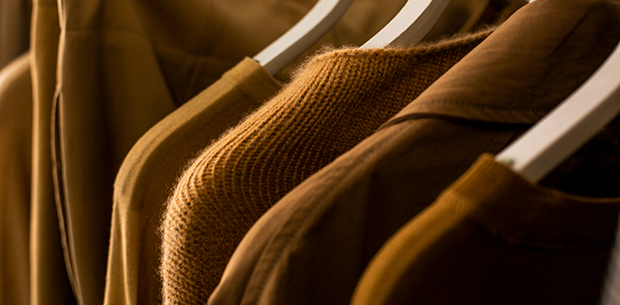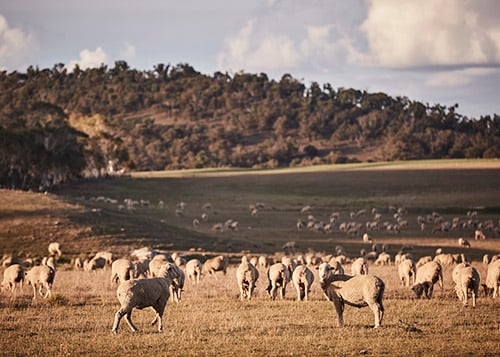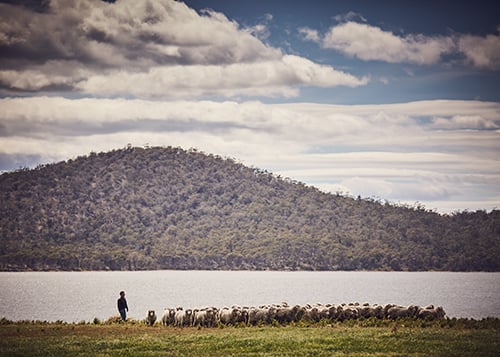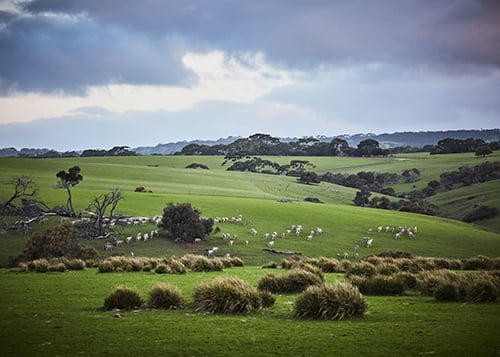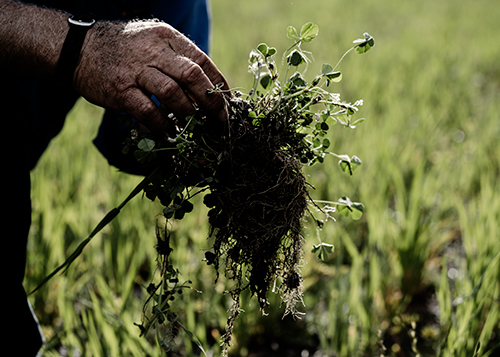Consumer choices about fashion can have long-term impacts on the environment as well as the communities who produce the raw materials, manufacture the end products and handle the end-of-use waste products.
By exploring the range of resources included in these lesson outlines and exploring current research, students will gain an understanding of, and appreciation for, the relative environmental, economic, political and social impacts of consumer choices in relation to fashion.
Students will also learn how the global wool industry is working to ensure the wool supply chain — from farm to fashion — is addressing these impacts.
Through a range of inquiry strategies presented through the sequence of learning activities, students reflect on and evaluate their findings to propose individual and collective action in response to ‘fast fashion’ and explain the predicted outcomes and consequences of their proposal.
The following lessons can be taught as stand-alone lessons or incorporated into a full unit of work on sustainable fashion choices.
Links with the Australian Curriculum
Students can investigate the following resources to help them: investigate ways the production of food and fibre has altered some biomes, for example, through vegetation clearance, drainage, terracing and irrigation, identify the differences between natural and agricultural ecosystems in flows of nutrients and water, and in biodiversity.
Knowledge and understanding | Geography
The human alteration of biomes to produce food, industrial materials and fibres, and the use of systems thinking to analyse the environmental effects of these alterations (ACHGK061)
Inquiry skills | Geography
Opportunities exist to incorporate the full strand depending on the classroom activity being undertaken
(ACHGS063, ACHGS065, ACHGS064, ACHGS067, ACHGS068, ACHGS070, ACHGS071)
General capabilities
Literacy:
- Composing texts through speaking, writing and creating
- Word knowledge
- Visual knowledge
Numeracy:
- Interpreting data displays
Cross curriculum priority:
- Sustainability
